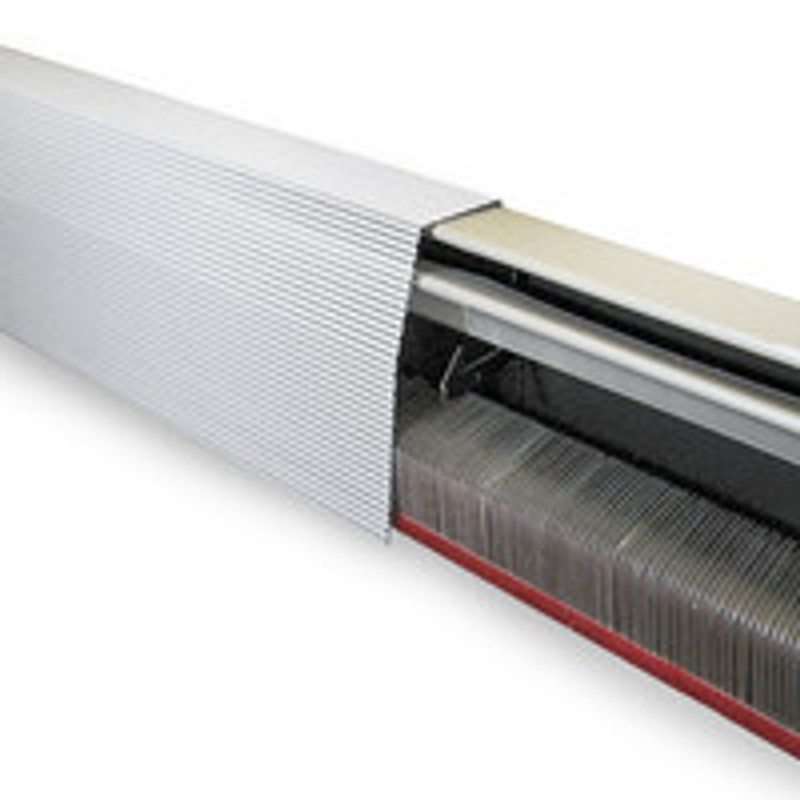
Hot water baseboard heaters are a more cost efficient alternative to electric baseboard heaters. These baseboard heaters employ hot water instead of electricity. The water is pumped from a boiler that keeps the water at a constant temperature. If you are thinking about getting a hot water baseboard heater, you should consider its pros and cons.
1. Save Money
The initial cost of a hydronic (hot water) baseboard heater may be lower than the cost of installing a radiant heater system. However, the cost may be both a plus and a minus and will depend on several factors including the size of the room that needs heating and the type of boiler you choose. When compared to an electric heater, the initial costs of a hydronic heater are higher, especially if you don't have a boiler and the space you have to heat up is large. However, in the long run, the investment is well worth it, because you will save on electricity bills.
2. Energy Efficiency
Hot water baseboard heaters have gained popularity due to the fact that they are considered more energy and cost efficient than the regular electrical heaters. However, you need to be aware of a few factors that influence the energy consumption of the heater. Hot water baseboard heaters are linked to a boiler, which heats the water. The boilers can be of various types and the energy efficiency depends on the boiler that heats up the water. For instance, a boiler that is fuelled by pellets or wood can save a lot of money and energy. Combination boilers and other high efficiency condensing boilers are also an economical solution. However, the electric boilers may consume a lot of energy, so they won't save money or energy.
3. Constant Flow of Warmth
The hydronic heater gives a constant flow of warm air due to the fact that the boiler maintains the water at a constant temperature at all times. The electric heater also has constant air flow.
4. Straightforward Installation
Both types of heaters don't require sophisticated installation, unlike under floor heating, which will involve removing the floors.
5. No Risks of Toxicity
The hydronic heater doesn't emit any toxic substances, as it works with hot water.
6. Low Heat
The heat that is emitted by hydronic heaters is lower when compared to the heat provided by electric heating systems.
7. Takes Longer to Warm Up a Room
The time required for the room to heat depends on the size of the room, but typically, the hydronic heaters take a longer time to heat up a space than the electric heating systems.
8. Location of Heater
The location of a hydronic heater is typically at the base of a wall, and may not permit the installation of certain types of furniture.
9. Regular Repair and Maintenance
If the components of the baseboard heater ( pipes, boiler, water pump) are of a questionable quality, there is the risk of leaks and it may require regular repair and maintenance. Invest in quality components for the heater and you will have fewer worries with maintaining and repairing the heater.

